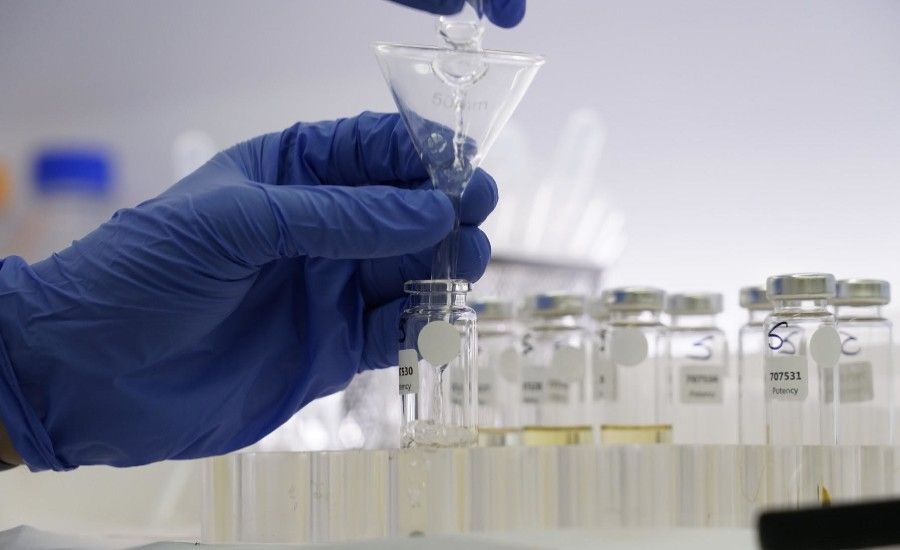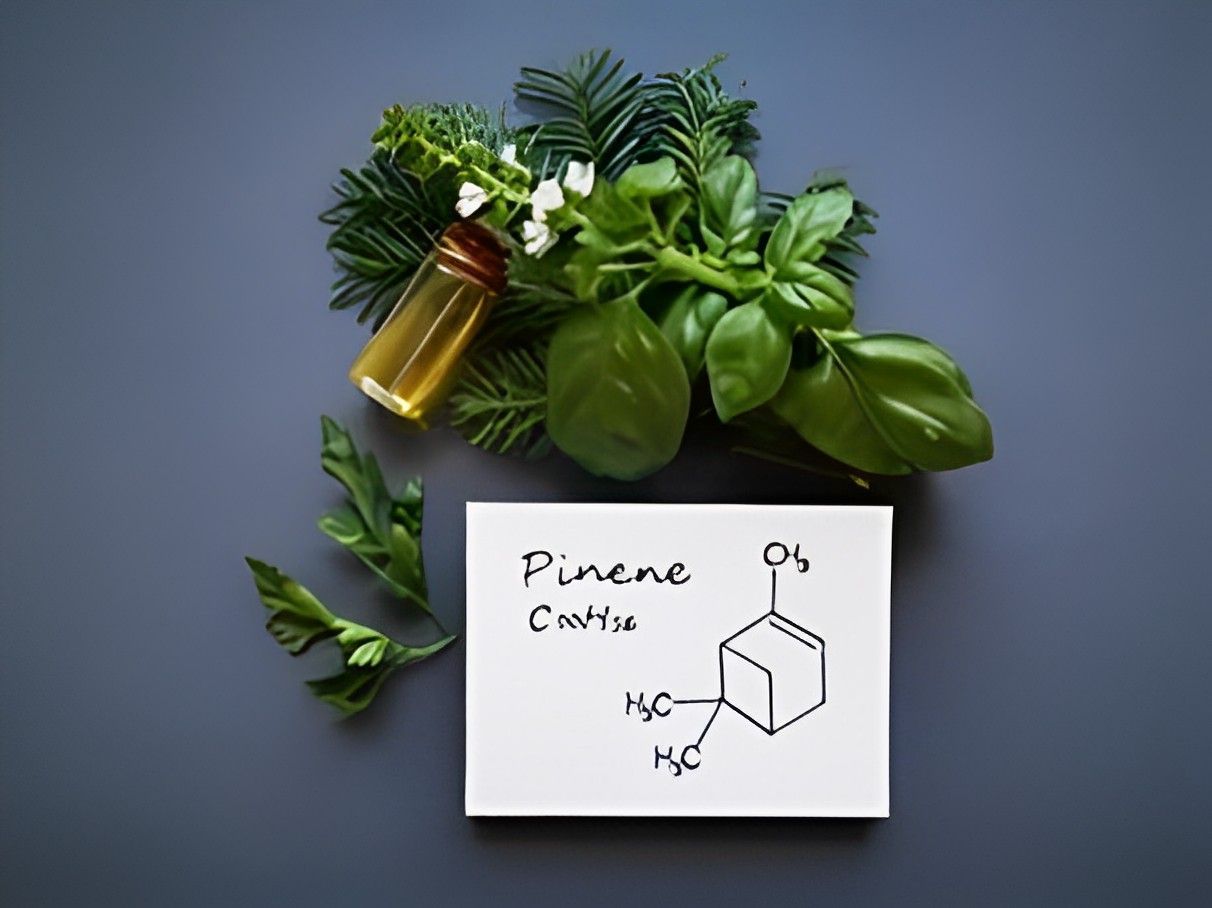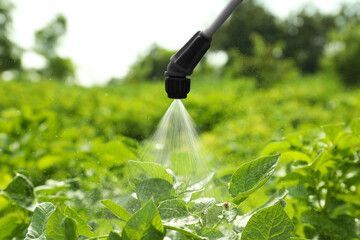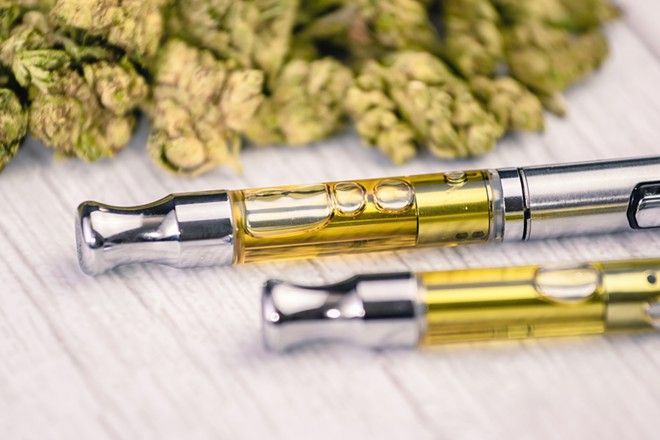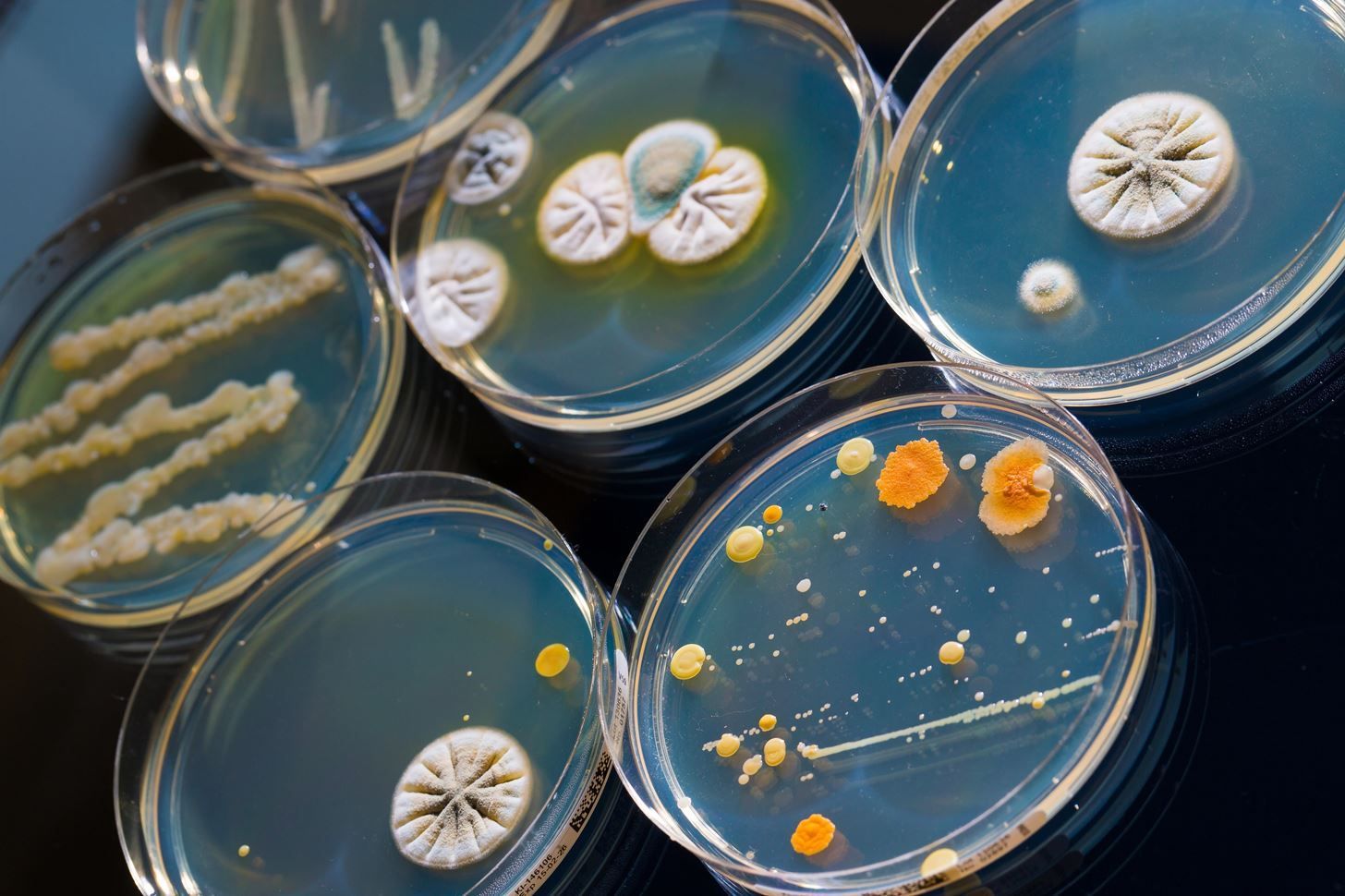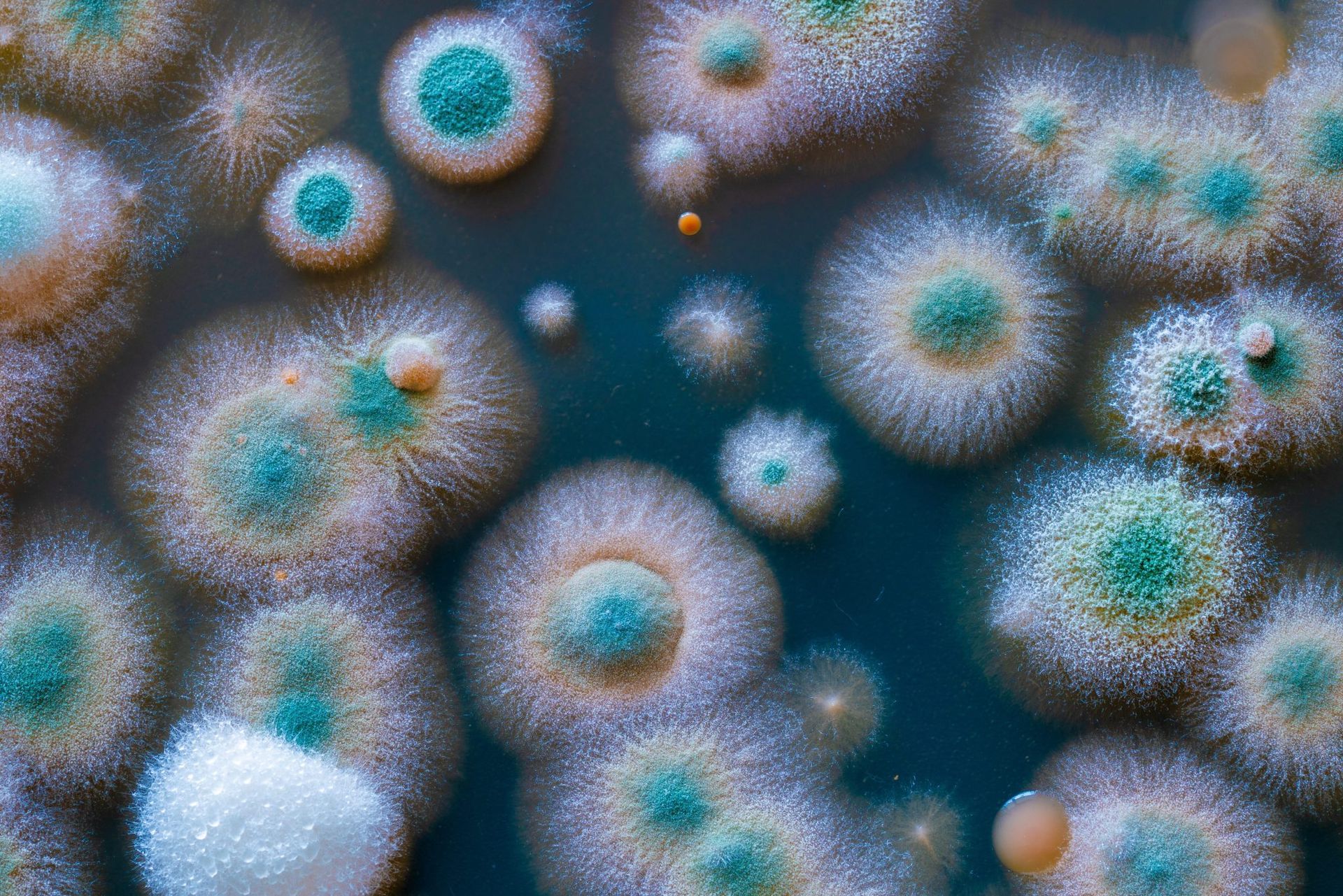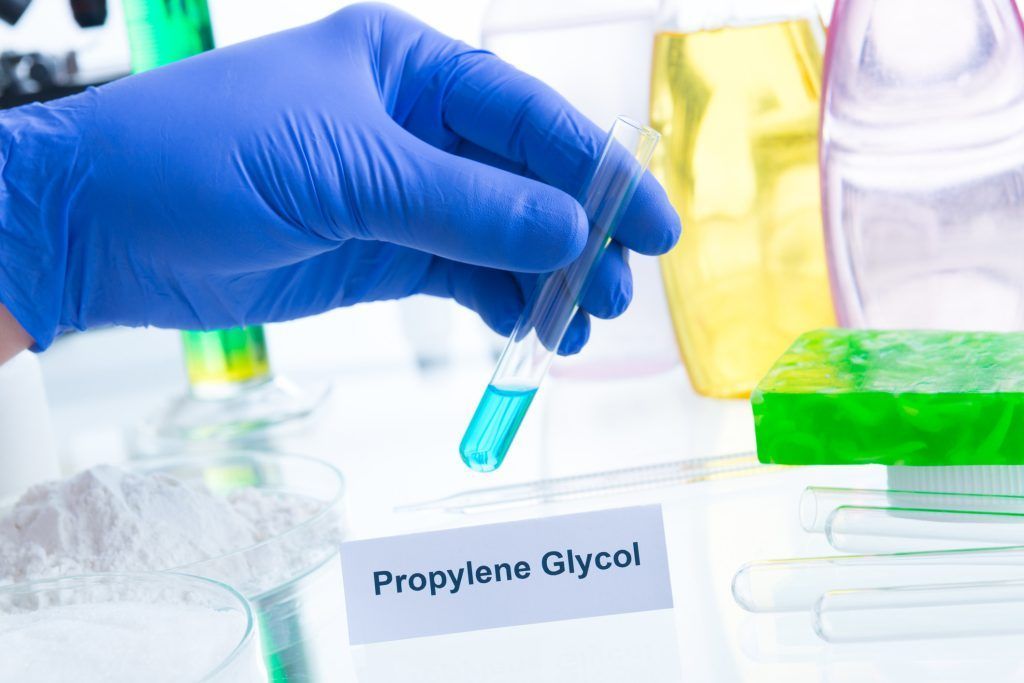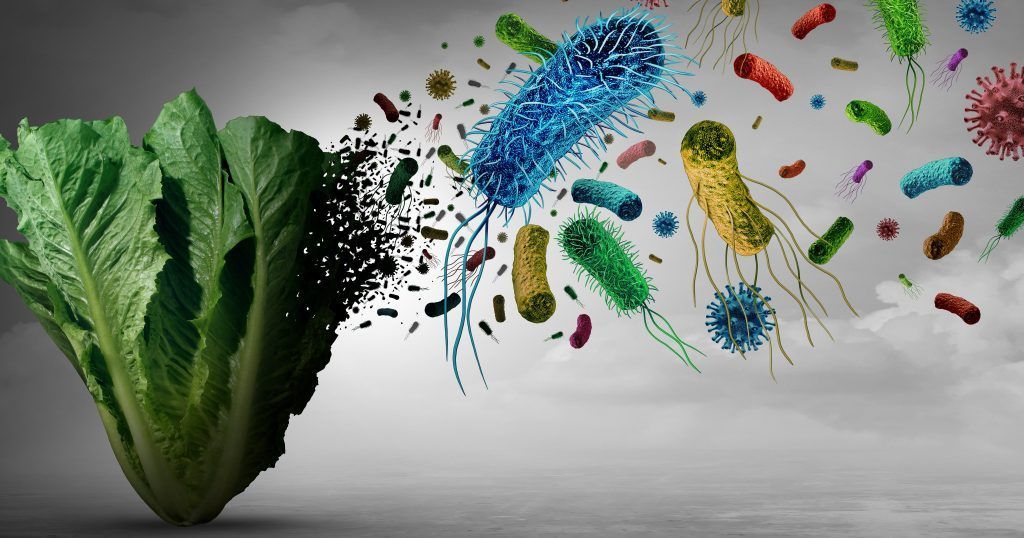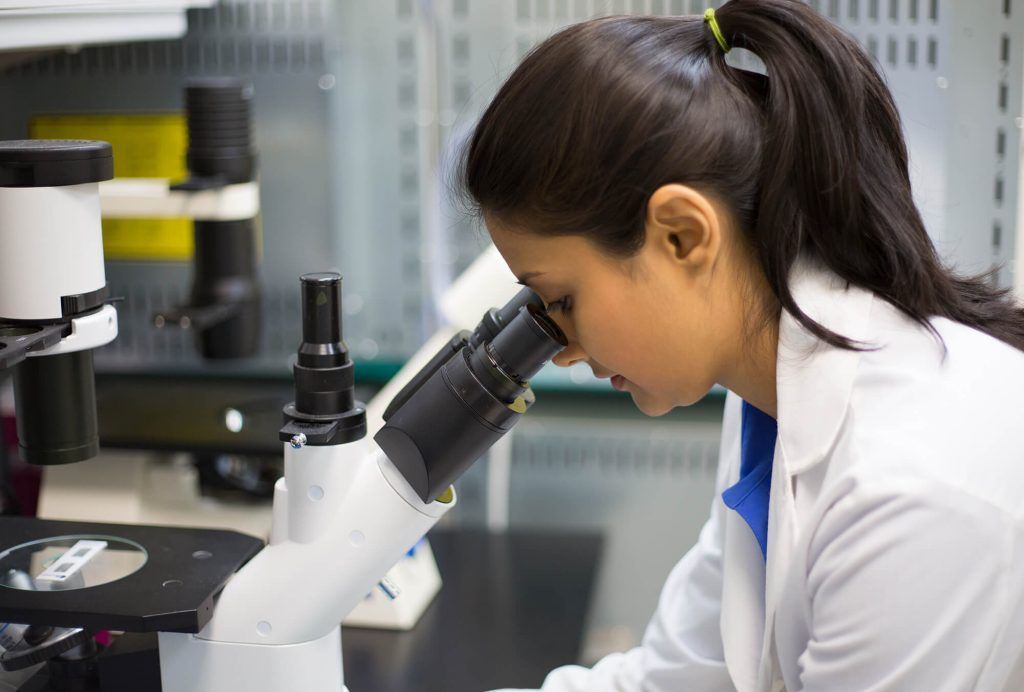AGRICULTURAL INNOVATION AND TESTING
At GreenTechSolutionGroup, we provide comprehensive testing services tailored to agricultural plant science. With expertise in advanced testing technologies and methodologies, we ensure precise analysis and compliance with relevant regulations.Trust us as your dependable partner for all your testing needs.
Our services encompass a broad spectrum of testing, including potency assessment, homogeneity evaluation, heavy metal analysis, microbial contamination detection, mycotoxin identification, residual solvent analysis, terpene profiling, and pesticide screening. Additionally, we go beyond standard testing. If you have unique requirements or face specific challenges, GreenTechSolutionGroup is ready to deliver customized solutions. Your success and compliance are always our top priorities.
Potency
Plant-based products play a crucial role in agriculture, medicine, and consumer goods, requiring precision to ensure safety, efficacy, and quality. Accurate labeling builds trust and reliability, ensuring consumers and industries receive products with consistent and verified potency levels.
At GTSG, we use High Performance Liquid Chromatography (HPLC) to conduct detailed potency profiling across a wide range of plant compounds. This advanced analysis provides insight into essential components, ensuring the highest standards of accuracy and consistency. Our testing protocols exceed industry benchmarks set by AOAC, WHO, and regulatory bodies, guaranteeing unparalleled quality and compliance.
Category: Agricultural Crops, Extracts, Infused Products, and Edibles
Terpenes
Terpenes are the aromatic and flavorful compounds found in plants, herbs, and spices, contributing to their distinctive scents and tastes. These isoprenoid molecules also play a vital role in plant defense, growth, and interaction with the environment, influencing both agricultural outcomes and product quality.
At GTSG, we utilize gas chromatography (GC) to identify and measure terpene profiles, providing detailed insights into the unique characteristics of plant materials. This empowers producers and consumers to understand the flavor, aroma, and functional properties of their crops, enhancing product differentiation and marketability.
Category: Agricultural Crops, Extracts, Infused Products, and Edibles
Pesticides
The use of pesticides in agriculture is essential for managing pests and increasing crop yields, but it carries inherent risks. Residual pesticides can transfer to the final products, posing health concerns, particularly with long-term exposure. Even at low levels, chronic exposure to pesticides—including insecticides, fungicides, and plant growth regulators—can have significant health impacts.
At GTSG, safety is our priority. Using liquid chromatography with mass spectrometry (LC-MS/MS), we meticulously analyze 67 distinct analytes to detect trace amounts of pesticides. Our rigorous protocols ensure agricultural products meet the highest safety standards, safeguarding consumer health.
Category: Agricultural Crops, Extracts, Infused Products, and Edibles
Heavy Metals
Testing for heavy metal contamination is critical in agriculture to ensure the safety of crops, soil, water, and plant-based products. Toxic elements such as lead, arsenic, cadmium, and mercury are closely monitored due to their potential to harm human health. Regulatory bodies have set stringent limits to protect consumers from exposure.
At GTSG, we address heavy metal contamination with precision. Utilizing Inductively Coupled Plasma spectrometry with mass spectrometric detection (ICP-MS), we can detect even the lowest concentrations, down to parts per billion. This ensures the safety and quality of agricultural products at every stage of production.
Category: Agricultural Crops, Extracts, Infused Products, and Edible
Residual Solvents
The extraction of essential oils, waxes, and other plant-based compounds often involves solvents like acetone, ethanol, and butane. While critical for producing concentrated plant extracts, residual solvents left behind in the final product can pose health risks when consumed or inhaled. Thorough removal is necessary to ensure product safety.
At GTSG, we utilize Gas Chromatography with Mass Spectrometry detection and headspace auto-sampling to assess residual solvents with high precision. Our methods detect solvents at sub parts-per-million (PPM) levels, ensuring agricultural products meet stringent safety and quality standards.
Category: Agricultural Crops, Extracts, Infused Products, and Edibles
Microbials
Microorganisms and bacteria are naturally present in the environment, but contaminants that thrive under similar conditions can pose significant risks to crops and consumers. In agricultural production, careful monitoring is essential to prevent the spread of harmful pathogens that can lead to illness or compromise product quality.
At GTSG, we utilize qPCR and confirmatory plating to detect bacteria and fungi. This process involves extracting community DNA samples and analyzing them against known DNA sequences (primers) to identify specific microbial species. Additionally, we conduct plating to screen for total yeasts and molds, total coliforms, Staphylococcus aureus, Salmonella enterica, total aerobic bacteria, and bile-tolerant gram-negative (BTGN) organisms, including Enterobacteriaceae.
Category: Agricultural Crops, Extracts, Infused Products, and Edibles
Mycotoxins
Warm, humid conditions that promote plant growth can also foster mold and fungi, often invisible yet capable of producing harmful mycotoxins such as aflatoxins and ochratoxins. These toxins pose significant health risks to humans and animals. Even if molds and fungi are eliminated, mycotoxins can persist in crops and products, underscoring the need for vigilant monitoring and testing.
At GTSG, safety is our top priority. We use liquid chromatography with mass spectrometry (LC-MS/MS) to accurately quantify four aflatoxins and ochratoxin A. This thorough testing process ensures the detection and precise measurement of mycotoxins, protecting the integrity of agricultural products and the well-being of consumers.
Category: Agricultural Crops, Extracts, Infused Products, and Edible
Lipids
Certain lipids, such as Vitamin E acetate, vegetable glycerol, and propylene glycol, can negatively affect plant and crop health when present in excess. These substances may disrupt natural processes and, in severe cases, result in conditions like lipid accumulation or respiratory issues in plants.
At GTSG, we prioritize the safety of your products. We combine liquid chromatography with mass spectrometry and gas chromatography with mass spectrometry to detect and quantify harmful lipids and other additives that may compromise product integrity. Our advanced techniques ensure the safety of your crops, helping to safeguard the health of consumers.
Category: Crop Oils, Extracts, and Plant-Based Products
Nutrient Content
Macro-nutrients such as nitrogen, phosphorus, and potassium are essential for healthy plant growth, while micronutrients like silicon, calcium, and molybdenum play a crucial supporting role. Imbalances in these nutrients can result in reduced yields, weak crops, or even low-quality product outcomes.
At GTSG, we help optimize your crop performance by accurately assessing macro- and micronutrient levels using Inductively Coupled Plasma technology. Our analysis empowers cultivators to monitor plant health, maximize harvest potential, and ensure higher-quality yields.
Category: Agricultural Crops, Soil, Water, Nutrient Mixes
Environmental
Environmental contamination can lead to crop failures and significant economic losses, making it essential for growers to monitor and mitigate contamination risks.
At GTSG, we assist growers by offering comprehensive testing services that identify a broad range of potential environmental contaminants or pathogens. We use specialized DNA sequencing to detect harmful organisms and help implement protocols to eliminate contaminants while providing necessary nutrients for plant growth. Your crops' safety and success are our priority.
Category: Agricultural Crops, Soil, and Water
Shelf Life and Stability Testing
Environmental factors such as temperature, lighting, air, and humidity can affect the quality and integrity of agricultural products over time. Understanding the stability of materials and products is critical in product development and lifecycle management.
At GTSG, our state-of-the-art testing facility conducts stability and shelf-life studies that comply with industry standards, accompanied by analytical testing to evaluate the effects of various storage conditions.
We employ a comprehensive range of techniques, including titration, pH analysis, HPLC, GCMS, LCMS, qPCR, microbial analysis, and ICPMS. These methods provide detailed insights into aspects such as material degradation, the stability of active ingredients, shelf-life estimation, packaging integrity, and the stability of raw materials and chemicals. Our goal is to ensure that your products maintain their quality throughout their lifespan.
Category: Agricultural Products, Extracts, Edibles, and Derivative Product
Procedures & Methods
At GTSG, our commitment to excellence is upheld through rigorous procedures and methods that adhere to the highest industry standards. We ensure that all of our research and testing is conducted in line with the guidelines and requirements set forth by respected organizations, including:
- United States Food and Drug Administration (FDA)
- International Standards Organization (ISO)
- Good Laboratory Practice (GLP)
- United States Pharmacopeia (USP)
- Environmental Protection Agency (EPA)
- United States Department of Agriculture (USDA)
- Food Safety and Inspection Services (FSIS)
- Association of Analytical Communities (AOAC)
- Illinois Department of Agriculture (IDOA)
- Illinois Environmental Protection Agency (IEPA)
- Illinois Department of Public Health (IDPH)
- Illinois State Medical Society (ISMS)
- Department of Energy (DOE)
With every analysis, study, and experiment, we uphold these rigorous protocols to deliver reliable and precise results. Our commitment to quality reflects our dedication to advancing agricultural and environmental science, empowering better product outcomes for health, sustainability, and the environment.
Disclaimer: GreenTechSolutionGroup provides scientific and laboratory information solely for general informational and educational purposes to advance knowledge and promote best practices. This information should not be interpreted as a substitute for professional consultation, regulatory compliance, or validated research protocols. GreenTechSolutionGroup does not assume responsibility for any outcomes resulting from the use or application of this information. It is the responsibility of the researcher, practitioner, or industry professional to ensure proper analysis, validation, and adherence to applicable standards and regulations.
*GreenTechSolutionGroup is not involved in the cultivation or dispensing of cannabis, and we have no affiliations with dispensaries or cultivation sites.


